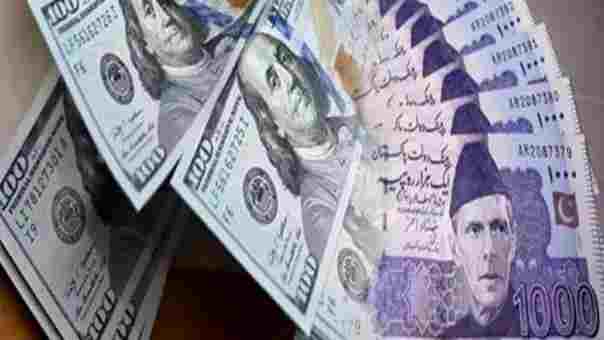Pakistan’s open currency market continued to display instability on Monday, reflecting ongoing concerns about the country’s economic direction.
The sharp and unpredictable fluctuations in exchange rates have kept economists, traders, and investors on high alert, as both local and international factors contribute to the volatility.
The Pakistani rupee remains under pressure due to rising inflation, dwindling foreign reserves, and global economic uncertainty. Financial experts attribute the weakening trend in the rupee to these overlapping factors, which are playing a critical role in driving unstable exchange rates.
Exchange rates have now become a central concern for key economic sectors. Importers, exporters, and multinational investors are finding it increasingly difficult to plan ahead due to the frequent changes. Moreover, individuals dealing with foreign education, overseas travel, and international remittances are also facing significant challenges tied to fluctuating exchange rates.
On Monday, the exchange rates for major foreign currencies against the Pakistani rupee were as follows: the US Dollar traded between Rs. 283.75 and Rs. 284.25, while the British Pound Sterling was exchanged at Rs. 387.75 to Rs. 388.44. The Euro stood at Rs. 334.11 for buying and Rs. 334.70 for selling. The UAE Dirham was available at Rs. 77.80 to Rs. 77.94, and the Saudi Riyal at Rs. 75.66 to Rs. 75.80. The Canadian Dollar hovered around Rs. 209.04 to Rs. 209.41, while the Australian Dollar was quoted at Rs. 186.46 to Rs. 186.79. Other notable exchange rates included the Chinese Yuan at Rs. 39.62 to Rs. 39.69, the Japanese Yen at Rs. 1.96 to Rs. 1.97, and the Swiss Franc at Rs. 357.56 to Rs. 358.19.
Economists caution that the persistent fluctuations in exchange rates may continue if structural economic reforms are not implemented. They stress that monitoring exchange rates regularly is now more important than ever. This vigilance helps businesses manage import costs, exporters lock in profits, and individuals plan smarter financial decisions.
As Pakistan navigates a complex global financial environment, exchange rates will likely remain a central theme in economic discourse. Effective financial planning and timely decision-making, driven by up-to-date knowledge of exchange rates, can help minimize risks and unlock potential investment opportunities.
